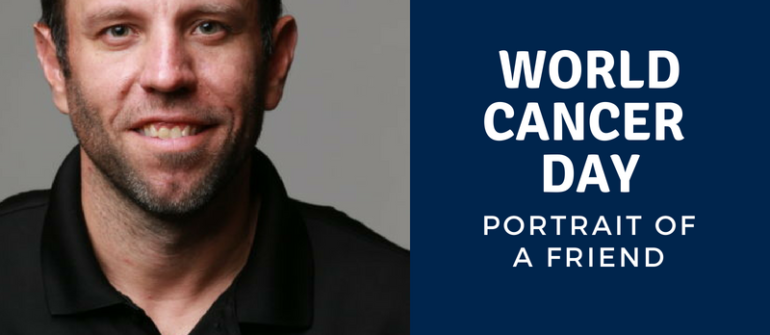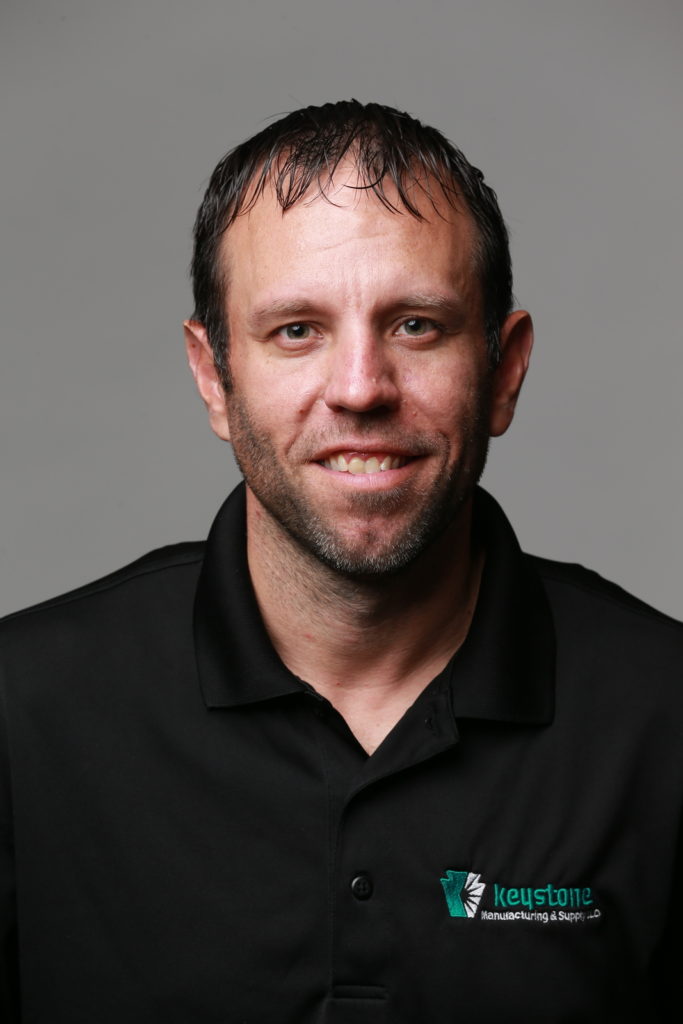 The business world can seem unwelcoming towards women. Partially, this is due to the societal idea that power is something achieved through pressure, intimidation, and a sheer desire to defeat at any cost. Among many women who have achieved, power is seen much differently; in this view, power ignites and enables, without pushing anyone else down. Women tend to prefer searching for common interests, solving problems and collaborating to find win-win outcomes.
The business world can seem unwelcoming towards women. Partially, this is due to the societal idea that power is something achieved through pressure, intimidation, and a sheer desire to defeat at any cost. Among many women who have achieved, power is seen much differently; in this view, power ignites and enables, without pushing anyone else down. Women tend to prefer searching for common interests, solving problems and collaborating to find win-win outcomes.
Fortunately, this is the kind of power that is in great demand in today’s world. Real-life wonder women in business do not need to be a novelty; in fact, the presence of powerful women are commonplace in an economy that isn’t just growing, but blossoming into something more inclusive.
How can women tap into and strengthen that power? Below, we offer five stategies:
1. Use Empowered Language
Women who are empowered replace strong words for weak words. Women tend to use qualifiers such as ‘some,’ ‘sort of,’ ‘just,’ ‘only,’ and ‘kind of.” For example: “This is just a suggestion,” and “I only meant to clarify that,” and “This is kind of exciting,” are all weak statements. Both the message and strength of the speaker are compromised. Using words like this demonstrate a lack of confidence. Another way confidence and strength is compromised is by asking questions after a statement. For example, “Our new product line is doing very well, don’t you think?” and “This great news for our company, agreed?” Empowered women keep these qualifiers and tag-a-long questions out of their lexicon.
2. Say Thank You – Not, I’m Sorry
Use “Thank You” instead of “Sorry.” For example, instead of saying, “Sorry, I’m just rambling” choose, “Thank you for listening.” Instead of saying, “I’m sorry to put more work on your plate” say, “Thank you so much for taking care of this.” Saying “I’m sorry” every five minutes suggests that you should, indeed, be sorry for something, when gratitude or other kind sentiments are in order. This is not a way to grow in leadership or be respected. Alternatively, thanking others will empower you.
3. Speak Up – Take Credit for Your Ideas & Work
Many working women experience this. You bring up an idea or point in a meeting and it goes unnoticed. Later, someone else will repeat your thought and others around the table will praise their thoughts. Instead of staying silent in these situations, take back the credit. An appropriate way to do so would be by saying, “Thank you for bringing up this idea that I proposed earlier,” or similar.
4. Self-promote
Women often have discomfort with self-promotion, because they rely on hard work and performance for recognition and reward. This results in a lack of visibility and gives power away. It’s important that women recognize that self-promotion is a vital leadership skill.
5. Value effectiveness over likability
It’s important to be liked in the workplace. It can help you build influence and motivate others, but likeability is not more important than effectiveness. If someone’s primary focus is to be liked, he or she will not likely be viewed as a leader. We risk being seen as waffling in our opinions because we are primarily seeking approval of others.
Women who follow these guidelines don’t have superpowers; they have determination, vision and purpose.
At AMSkier Insurance, we value women business leaders. We hope to be a part of your pathway to continual growth and success. Consider beginning a relationship with us today!
Was This Helpful? Get More Content Like This!
Join Our Public Broad & Bright List Below
AMSkier Camp clients already receive these articles and much more.



 Auto Insurance Coverage For College Students
Auto Insurance Coverage For College Students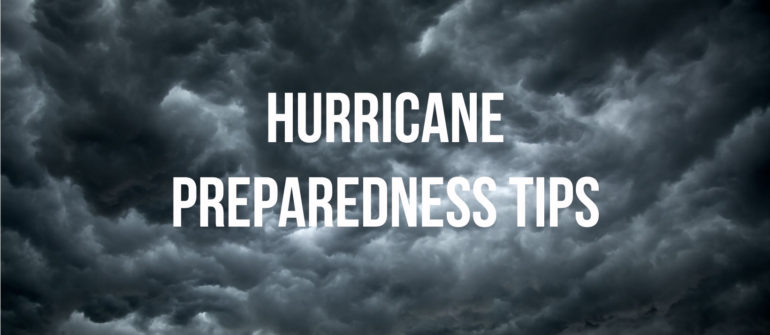
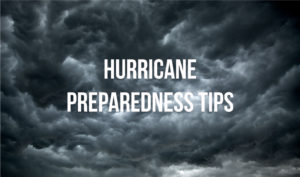 Hurricane Preparedness Tips
Hurricane Preparedness Tips
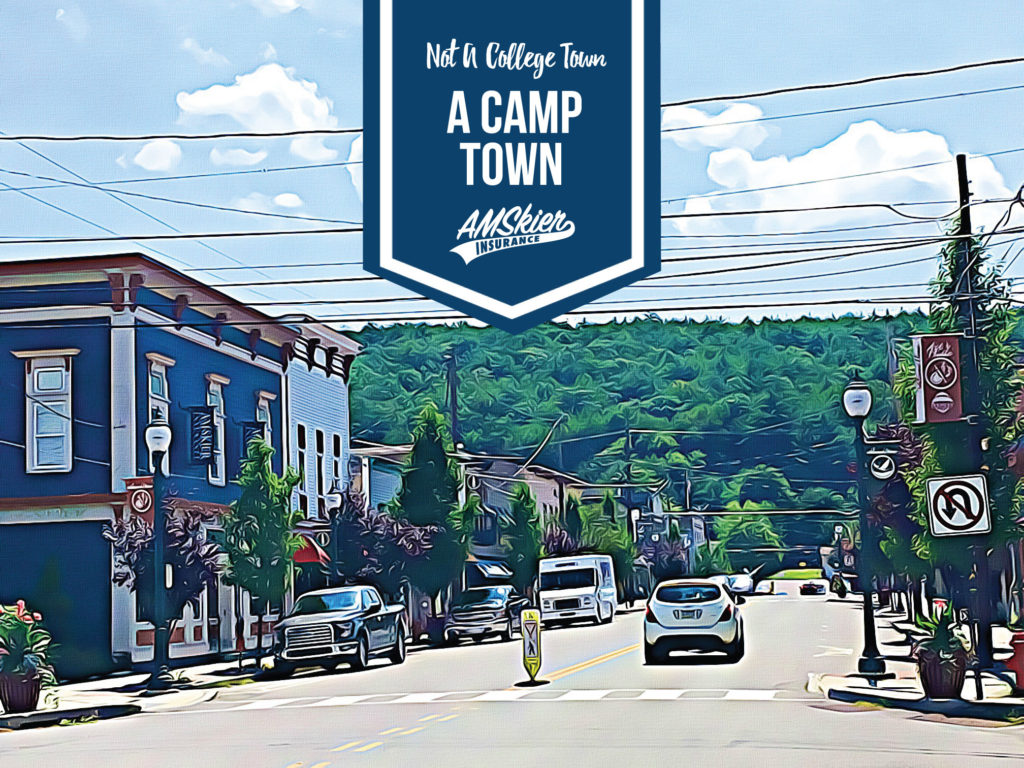 Most of us born and raised in Northeast Pennsylvania know we have a large number of summer camps in our region, but do we really know their huge impact? Often, the only time camp is noticed is when the grocery stores are chock-full of young people. What goes on past the gated grounds and rustic camps signs simply remains a mystery to many local residents.
Most of us born and raised in Northeast Pennsylvania know we have a large number of summer camps in our region, but do we really know their huge impact? Often, the only time camp is noticed is when the grocery stores are chock-full of young people. What goes on past the gated grounds and rustic camps signs simply remains a mystery to many local residents.